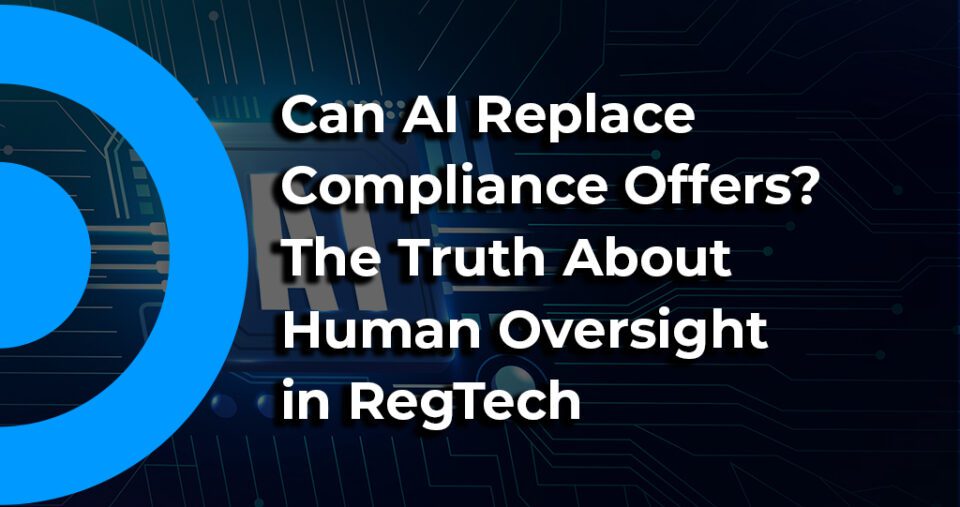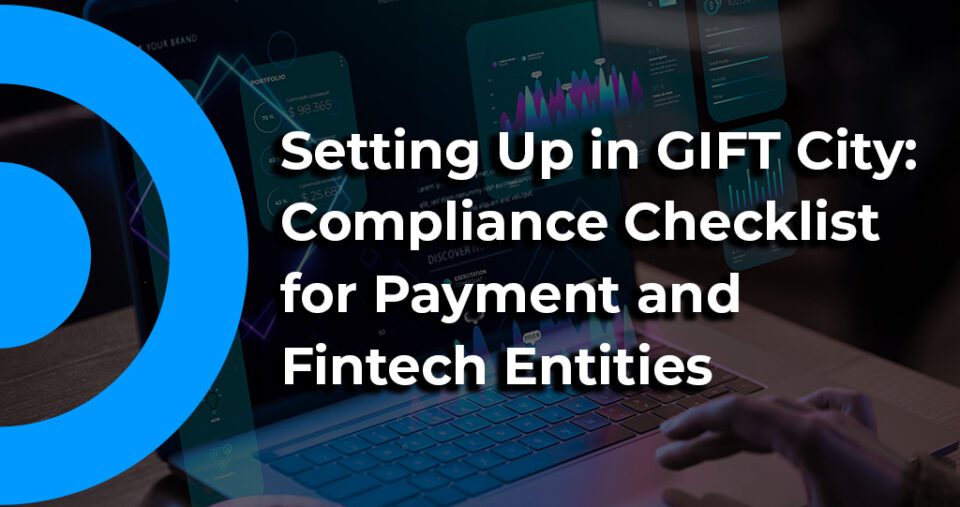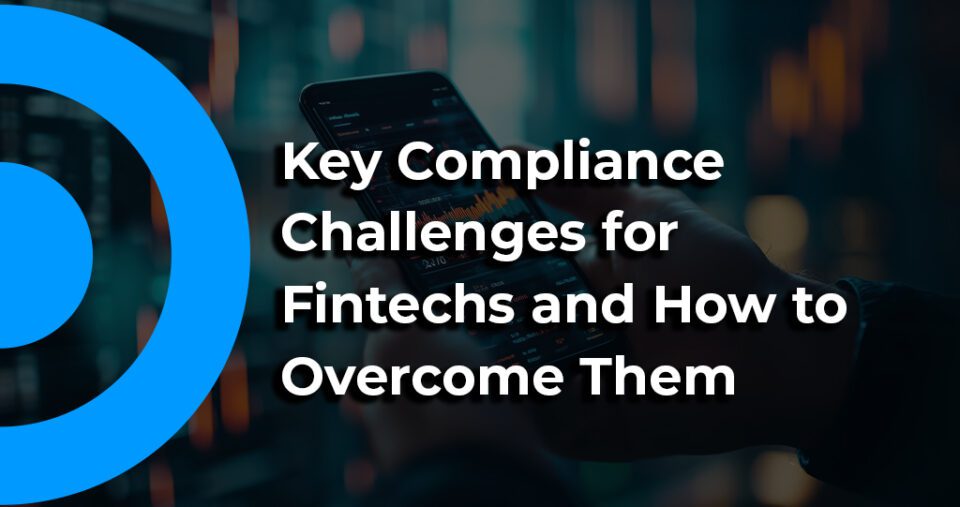
How to Build a Culture of Compliance in Your Organization
May 19, 2025
Key Compliance Challenges for Fintechs and How to Overcome Them
May 26, 2025In today’s fast-shifting financial landscape, staying compliant with evolving regulations is becoming more challenging—and more essential. Manual methods alone can no longer suffice to handle the scale, intricacy, and speed of today’s compliance demands. Do you now have a hint of where artificial intelligence (AI) and automation come in? Exactly. These technologies are not only improving accuracy and efficiency but also helping businesses stay ahead of regulatory risk. In this blog, we explore how AI and automation are reshaping compliance in the payments industry and why fintechs, PSPs, and MSBs should take notice.
1. Why AI Matters for Compliance in 2025
Financial regulators around the world are increasing expectations for real-time reporting, transaction monitoring, and proactive risk management. AI offers the ability to analyze massive datasets and detect unusual patterns that might signal fraud, money laundering, or non-compliance.
- According to Deloitte, 72% of compliance leaders expect AI to become essential for meeting future regulatory requirements.
- In jurisdictions like the EU and UAE, supervisory authorities are encouraging responsible use of technology to enhance oversight and governance.
2. Regulatory Compliance: Key Use Cases of AI
AI is already making a measurable impact across several key areas of compliance:
- Transaction Monitoring: AI models can identify suspicious behavior in real time, reducing false positives and accelerating alerts.
- KYC Verification: AI helps validate identity documents and conduct biometric verification, speeding up onboarding while reducing fraud.
- AML Screening: Natural language processing (NLP) tools scan news, sanctions lists, and adverse media to detect risk indicators.
- Regulatory Reporting: AI automates the generation and validation of reports, minimizing human error.
Glossary: KYC Verification Process | AML Policies and Frameworks
3. The Role of Automation in Enhancing Compliance Operations
Automation complements AI by handling routine, rules-based tasks such as:
- Data Collection and Processing: Automating the intake and categorization of customer and transaction data.
- Audit Trails: Ensuring that every action is logged and traceable for future audits.
- Risk Assessments: Automatically flagging high-risk customers or transactions based on set criteria.
- Policy Enforcement: Ensuring internal compliance policies are consistently applied.
These functions improve efficiency, reduce human error, and allow compliance teams to focus on strategic decision-making.
4. Regulatory Expectations, Risks and Limitations
Despite its potential, AI also introduces new compliance risks:
- Bias and Discrimination: Algorithms trained on biased data can lead to unfair outcomes.
- Explainability: Regulators expect firms to understand and explain how AI systems make decisions.
- Cybersecurity: As more sensitive data is processed, protecting systems from breaches becomes critical.
Regulatory bodies like the FCA and FINTRAC are increasingly issuing guidance to ensure AI is used responsibly and ethically in financial services.
5. How Paycompliance Supports Tech-Driven Compliance
Paycompliance helps businesses implement practical, effective AI and automation solutions to strengthen compliance across operations. From real-time AML monitoring systems to RegTech strategy consulting, our team ensures you’re aligned with evolving global standards.
Explore our services:
- Compliance Consulting
- Licensing Support for PSPs and MSBs
- AML and KYC Frameworks
Whether you’re scaling across borders or building a new digital product, we help you stay audit-ready and regulator-compliant.
6. Conclusion
AI and automation are no longer optional—they’re central to effective, modern regulatory compliance. By leveraging these technologies, fintechs and financial institutions can reduce risk, improve decision-making, and stay ahead of enforcement. As regulatory expectations continue to grow, firms that embrace tech-enabled compliance will lead with agility and resilience.
Looking to future-proof your compliance program? Contact Paycompliance for a customized strategy.



